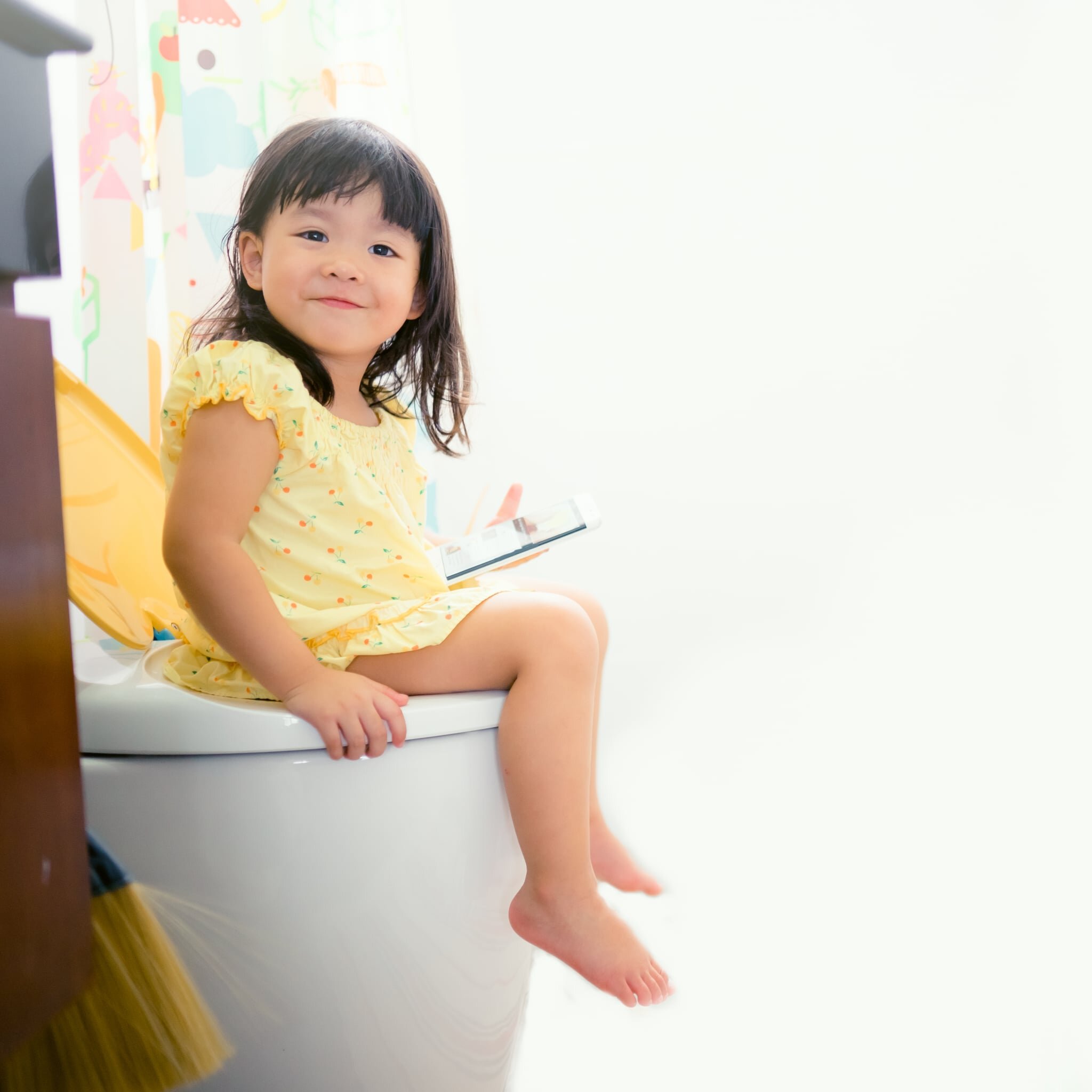
Mother Together Supports Victims of Domestic Violence

Top 9 Pieces of Advice Before Sleep Training

Sleep Training Basics

How to Add a Sleep Consultation to Your Babylist Registry
Did you know that in addition to all of the blankets and toys and teeny tiny clothing, you can REGISTER for a sleep consultation with Mother Together?
It’s true!
If I had known as a first-time mom that I could register for sleep on my baby registry, I would have in a heartbeat!
Let’s walk through it step by step from your smartphone or a desktop.

Top 5 Reasons Your Baby Wakes at Night
Every parent has asked themselves at one point or another, “why does my baby wake so much at night?!” Some of them know at some level what’s going on. Babies cry. It’s a fact of life and part of parenthood’s first year that we can’t avoid entirely. But, let me shed a little light on the reasons why your baby may be waking at night with the top five most common answers:

Top 10 Potty Training Tips from a Potty Training Expert

How to Create the Perfect Bedtime Routine
The first step to every sleep plan I write for every single client is to create a bedtime routine that they can reasonably commit to doing nightly for their little one. Since it is never too early to institute a sleepy time routine, this is a great place to begin working on healthy and independent sleep habits whether your baby is a few days old or a few years.

How to Establish Great Newborn Sleep Without Being Rigid
I just don’t believe that a rigid routine is appropriate for a baby under four months of age, and even at that age it should still have flexibility. For one, your baby’s circadian rhythm is still in the developing stages and secondly, postpartum anxiety is real enough without adding schedules and extra things mom must manage. Mom’s job in the first few weeks is to see that baby is fed, loved, rested, and to survive.
That said, here are some concrete real things you can do right from the start to promote baby’s best sleep without obsessing over the clock or ever allowing your little babe to cry.

Tell Me More About Sleep Cycles
What are sleep cycles? If you have spent any time researching baby sleep, you have certainly done some reading about them. Understanding them more deeply will help better inform your parenting and decisions around how to handle nighttime wakefulness or short naps.
For starters, it is good to know that newborns, infants, toddlers, and adults have unique sleep patterns. Understanding them is important to understanding how to get your baby to sleep their best.

Developmental Regressions in the Age of Covid-19
But boy, if I’ve learned anything about children since becoming a parent, it is that they are so, so perceptive. You might think you are being cool as a cucumber with your handy daily color-coded schedules and Pinterest crafts or arranging virtual playdates for your kids all while working from home, but they still sense that things are off. They might not even quite realize they’ve been homebound, but they do know that something is up. They listen to our grown-up conversations from the other room. They certainly know when we are on edge and a bit snippier than usual. A lot of children cannot begin to articulate what is happening to them or to the world around us. They are clueless. Just because your toddler can’t hold lengthy conversation about flattening the curve or how this might affect the global economy doesn’t mean they don’t perceive a great deal.

How to Lengthen Naps
I really, genuinely believe that nap time is God’s gift to moms of small children. He wants us to have at least a brief and fleeting reprieve each day. Did your baby get that memo- the one that says they are supposed to take a nice long nap every day so you can chill/exercise/work/nap/clean/fold laundry/scroll insta/Google “How to Lengthen Naps?”

My Why
It is so hard to be a mother today. We are bombarded from every side by tips and tricks and advice telling us to how to be the “best” mother and expected to “do it all.” There are dozens of competing philosophies telling you not to mess up your children. The pressure and judgement is overwhelming.
There is no such thing as a “best” or “perfect” mother, but there are a million ways to be a good mother. If getting some support to help you all sleep better, to potty train, or to parent more deliberately will help you be a better mother than you were yesterday, then I am here to provide the personalized, one-to-one help you need.
My Child Won’t Poop, Part 1: Why?
Oh, I wish I could just snap my fingers and give you the magic trick to potty train your stubborn or anxious child. Alas, I have found that poop, for being something natural that everybody does, can be extraordinarily complicated!
Let’s begin with a few possibilities:
1) Generalized poop anxiety
Think about this from their perspective, and as silly as it is, try to be serious.
Poop. Feels. Weird.
Pooping is a really strange thing that we all do. Normal, sure. But it feels pretty odd. A banana-sized lump of bodily waste has to be deliberately pushed out of your anus roughly once a day.
Let that sit for a second and then let’s continue thinking about this from the 3 foot nothing perspective of your child.
You can feel it in your bowels, you can feel it leave your body. It feels weird. It just does. By late childhood, it becomes second nature to us, but it is still a big deal to your toddler.
Some kids, rightfully, think that poop is part of their insides coming out! From their tiny perspective, it isn’t hard to see why! You feel it from your guts to your butt and in spite of explaining that poop is pretty gross and it is best to just flush it away, they feel a certain ownership over it.
Now imagine that for your whole life (all two to three years!), the act of pooping has been done in the relative privacy of your diaper. It didn’t plop out into the open or into a porcelain bowl full of water. It was safely contained, right there next to your bottom, where someone else would come along and deal with it for you.
There’s honestly a lot to unpack here!
If they are quick to pee on the potty but are hesitant about pooping, be casual. Let them come to the bathroom with you to see that it is normal. Let them flush. Wave goodbye to the poop. Watch some Daniel Tiger potty episodes. Read Everybody Poops a few times over. The more exposure they get, the better your child will understand and want to imitate.
2) Pressure to perform
Have you asked your child if they need to poop a few dozen times today? Have you set a timer to go sit at intervals? Have you gotten frustrated when they hold it? Have they had accidents? Have you reminded them over and over but are still batting .00?
Okay. Now stop. Just stop.
Too many suggestions or timers quickly leads to “reminder resistance” and you aren’t really doing yourself any favors.
Lay off, be cool, and if you see your child scooting off to their favorite pooping spot or they start to do a potty dance, then suggest they head on over to the potty to poo.
3) Fear of pain
If your kiddo has ever experienced painful poops, the effects can linger longer than you expect. There isn’t really much you can do about this other than be patient. Let them poop in a pull-up if they need to- this is far preferable to becoming constipated from withholding.
Once the memory has faded a bit and their confidence in pooping comfortably has grown, try again to ditch the diaper and reintroduce the potty for poo.
4) Constipation and its effects
First of all, if you believe your child may be constipated, consult with their pediatrician for advice. They may recommend diet changes or even temporarily suggest medicating for relief.
If your child is or has been chronically constipated, potty training can really be an uphill battle. Understand that the fear of pain, like mentioned above, is very real. Do you remember your first couple of poops after delivering a baby? Yeah. Your kid also remembers when pooping hurt a lot. So, give them a break.
With the help of their doctor, make sure that they have relief of constipation. If it returns, you may as well be back to square one. Be proactive about avoiding painful stool.
Hopefully once they are confident that pooping won’t hurt, they’ll be ready to give the potty a good try.
In very rare cases, regular constipation can lead to genuine accidents that are not just the product of laziness or stubbornness. A small percentage of constipated children will lose some nerve sensitivity in their rectum, making it difficult to impossible to recognize the need to poop or to control bowel movements.
If you think there is a possibility that your child’s failure to poop on the potty may be the result of long-term constipation, ask them about next steps.

